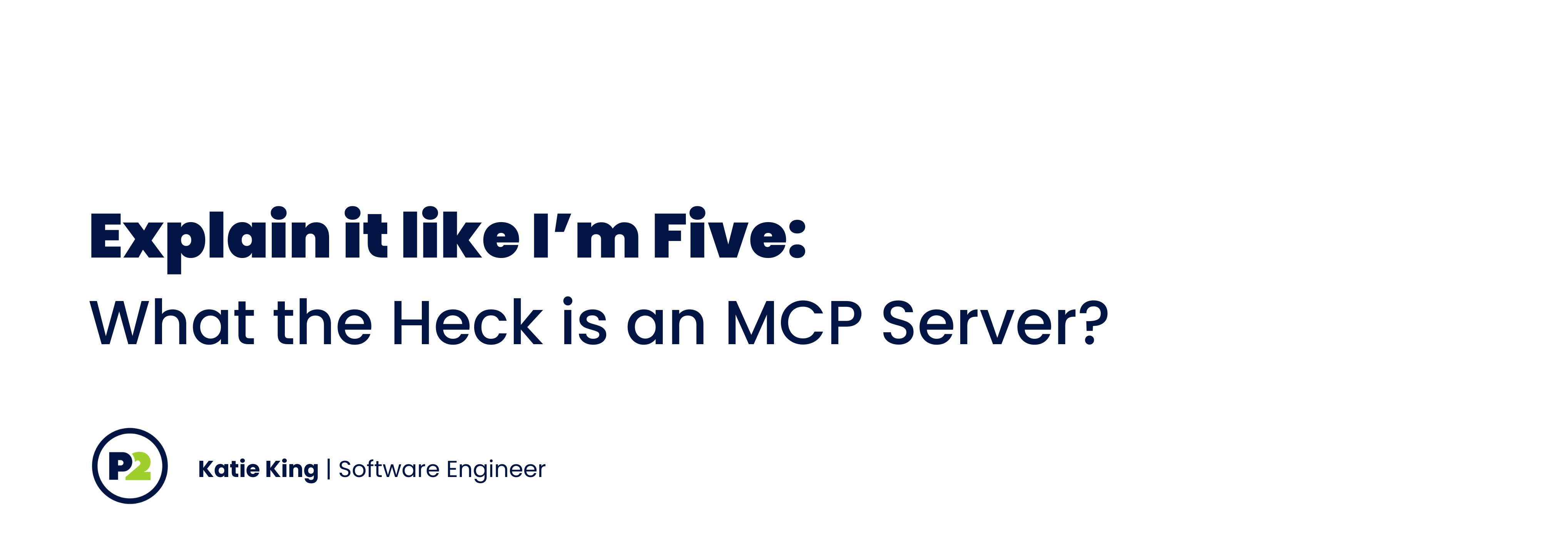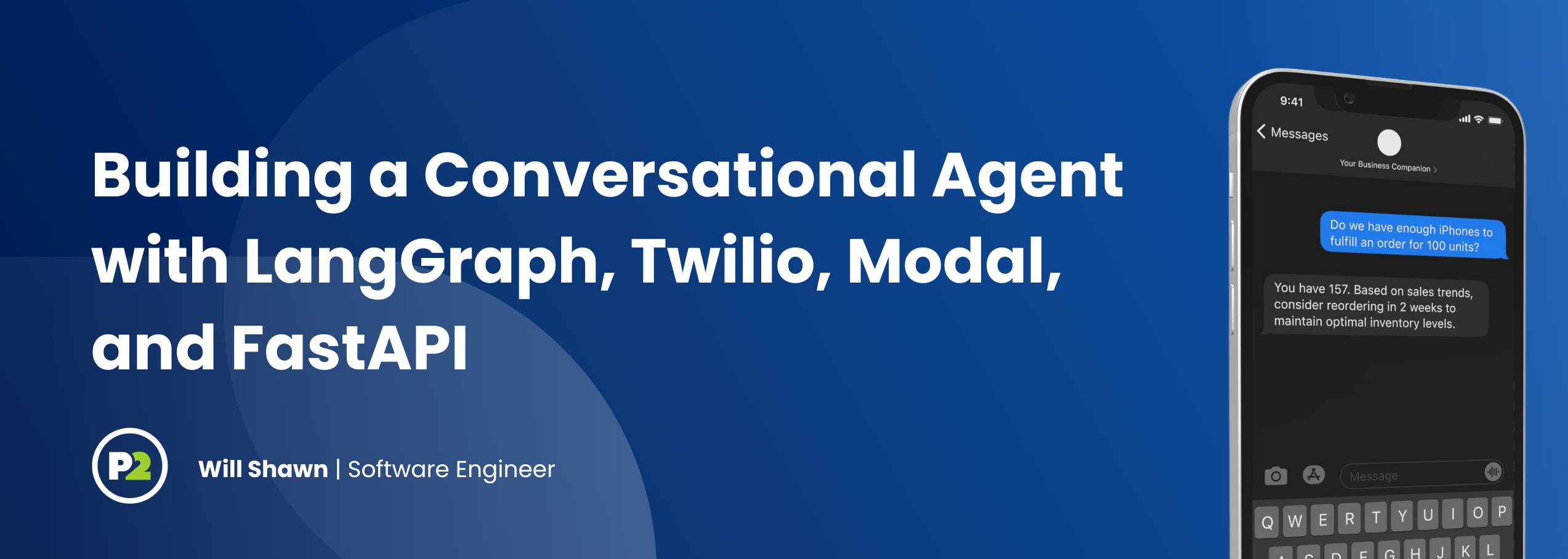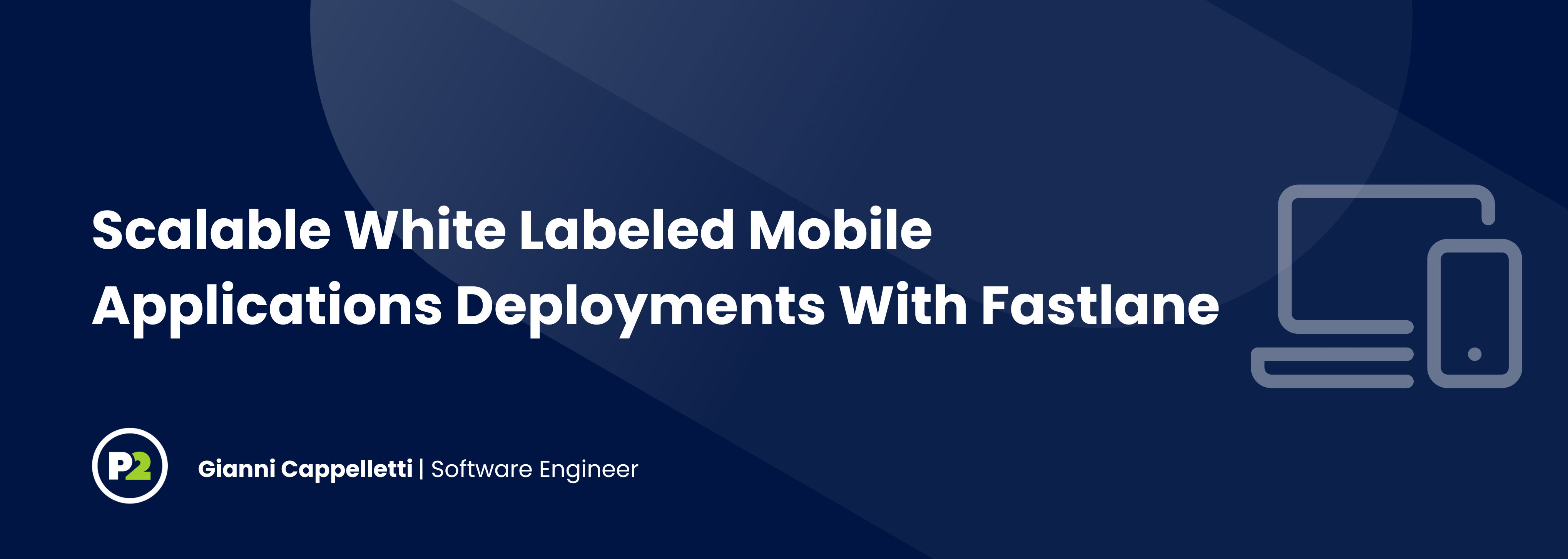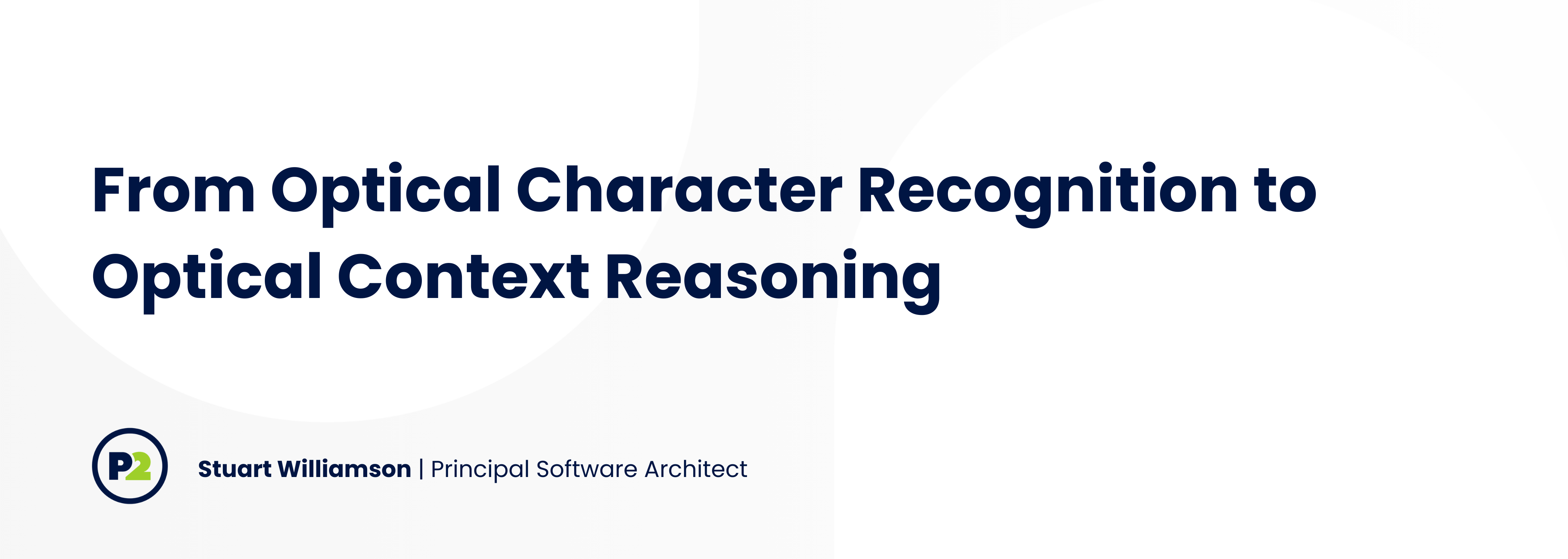Explain It Like I’m Five: What the Heck Is an MCP Server?
Unless you've recently spent your free time nose-deep in GitHub repos or interrogating ChatGPT like it's a barista who got your coffee order wrong, you may not be familiar with MCP servers. That’s okay. Two weeks ago, I wasn’t either. But thanks to a casual, "Hey, can you connect Notion to our project via an MCP server?" from a teammate (and my relentless need to avoid looking clueless), I dove headfirst into the rabbit hole. What I discovered is something potentially...
Read Post




